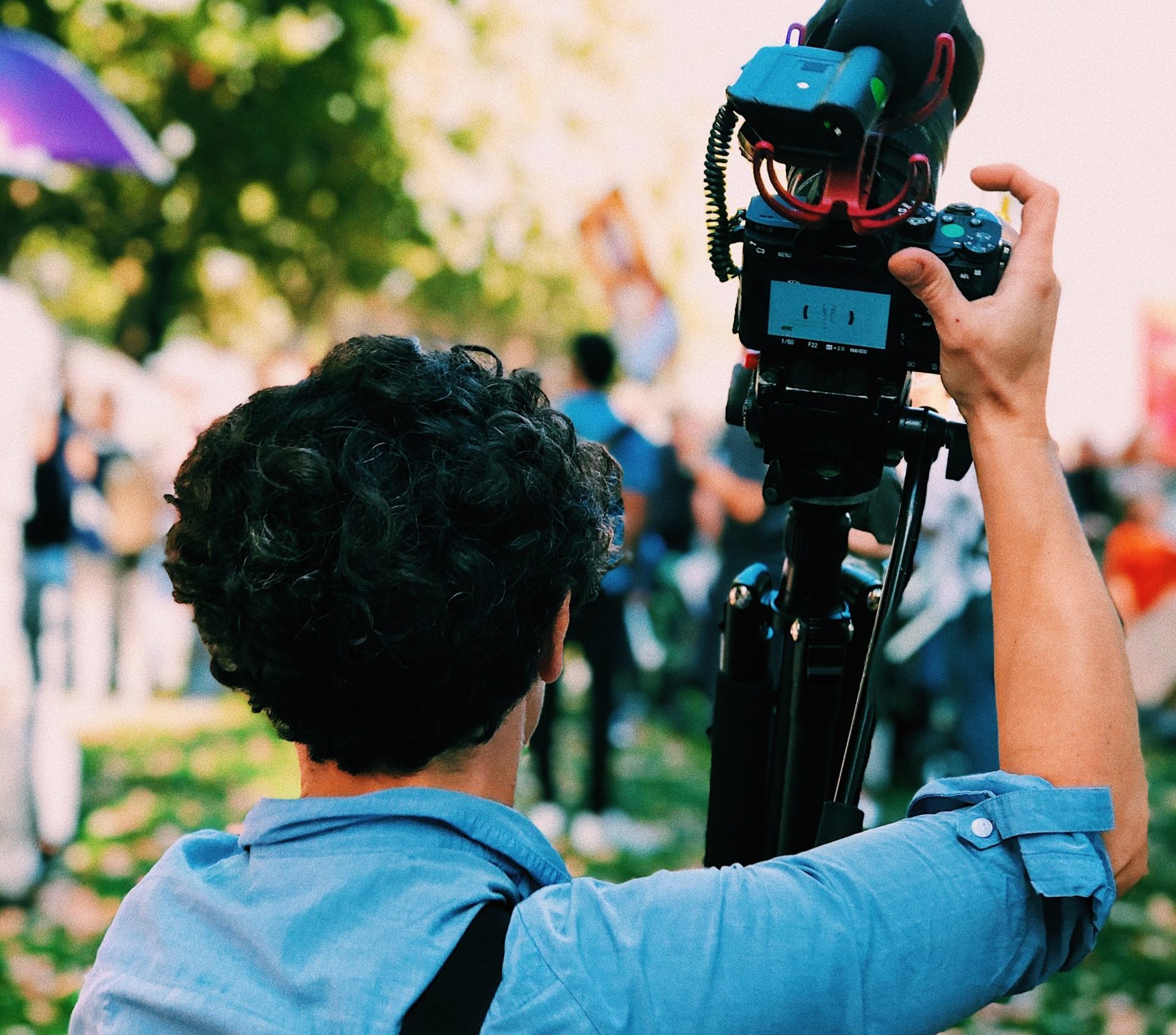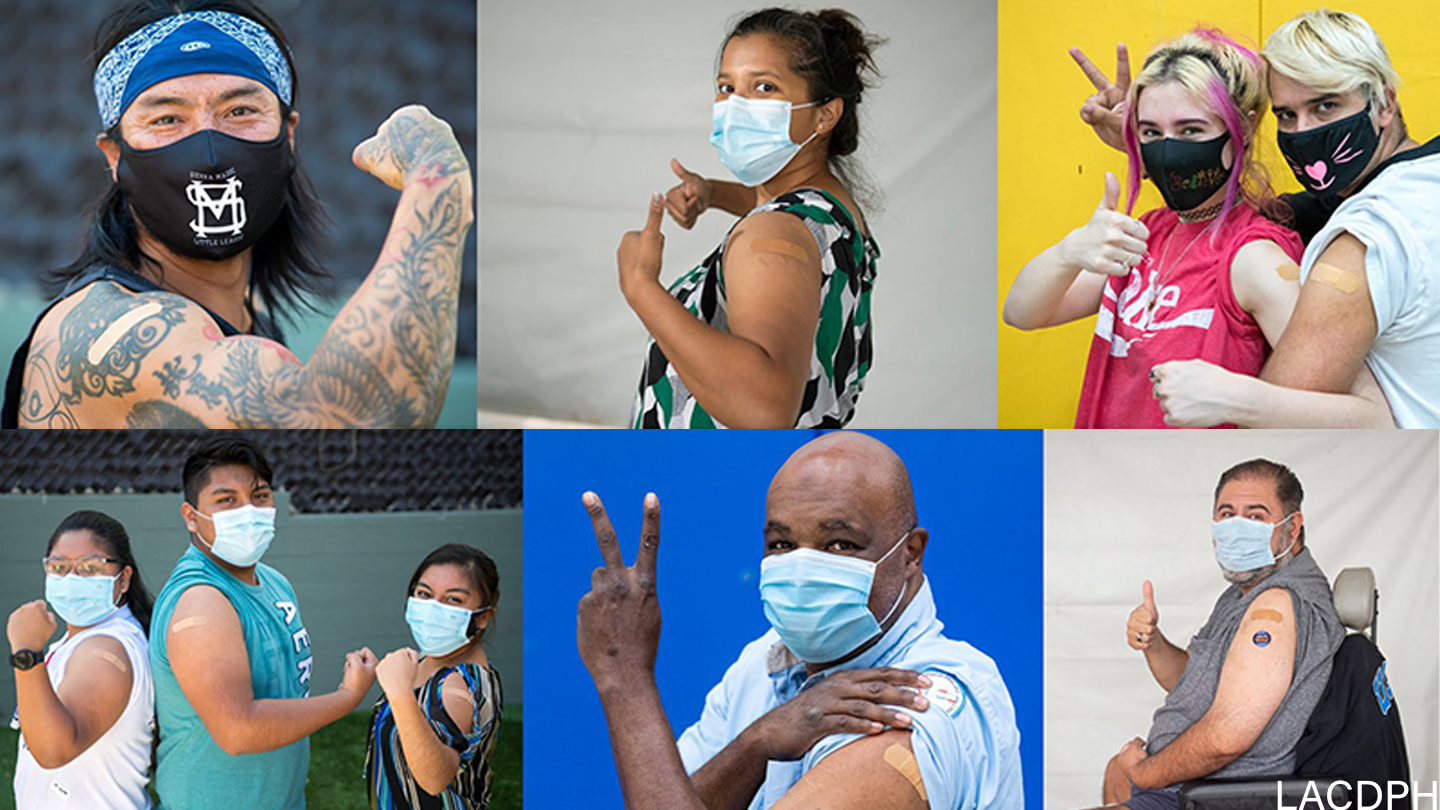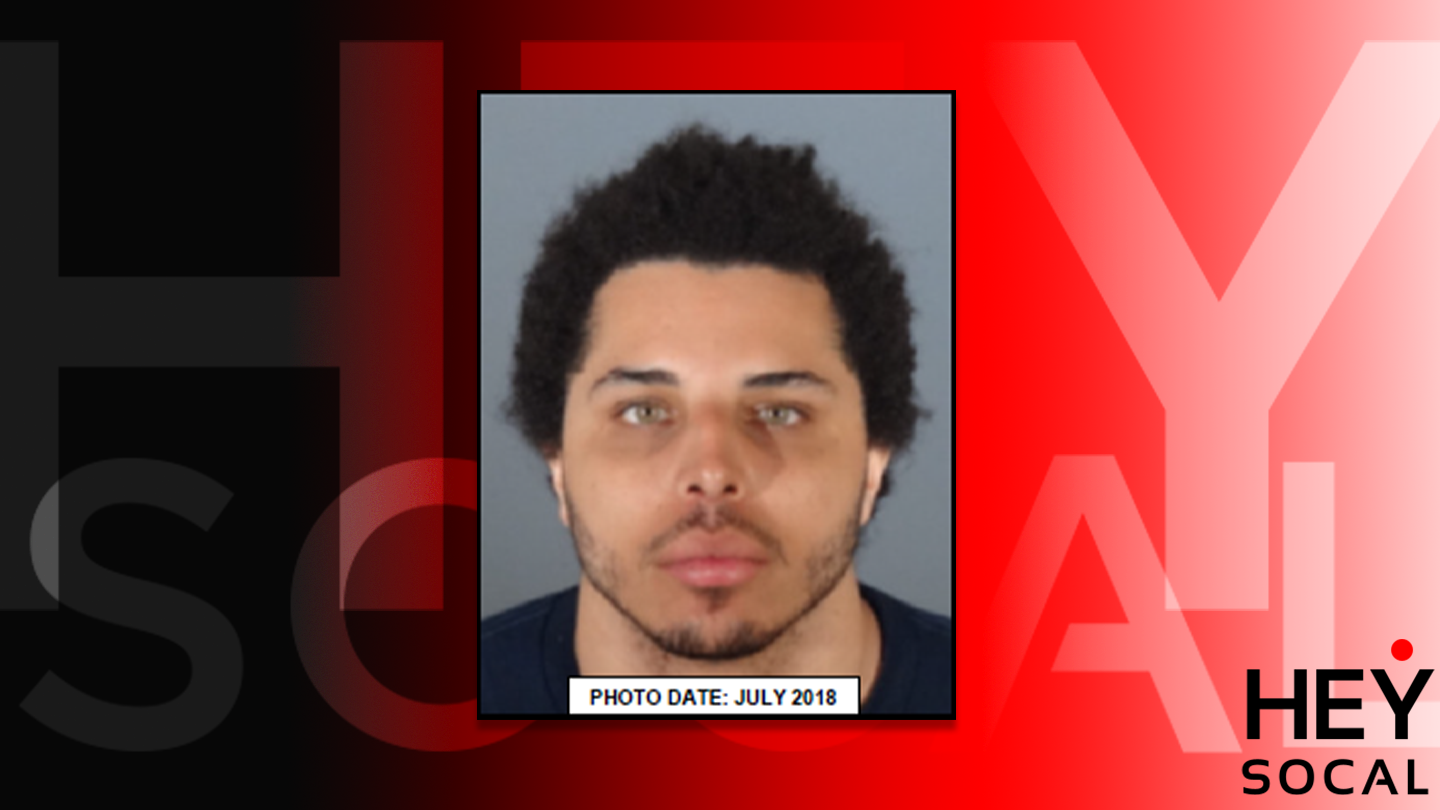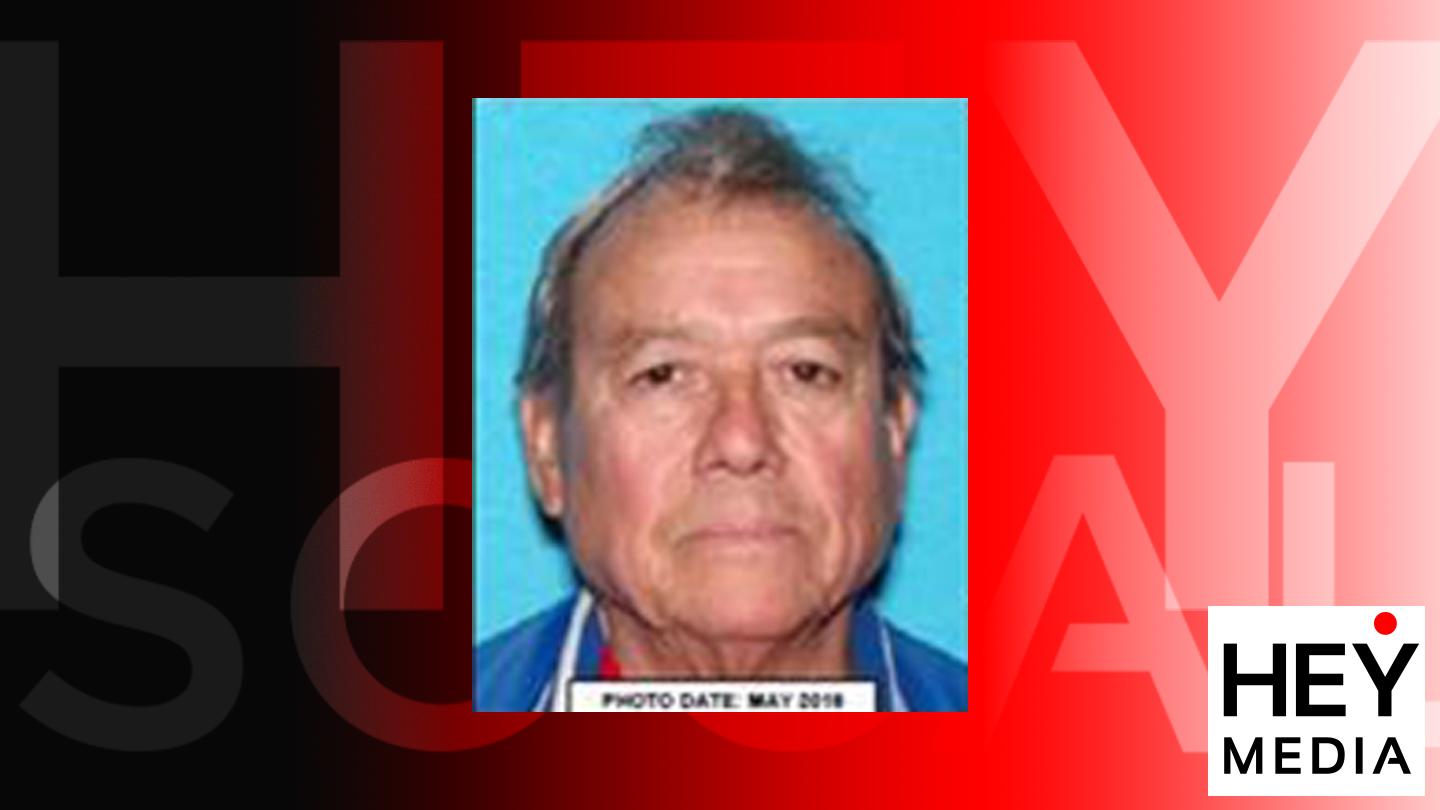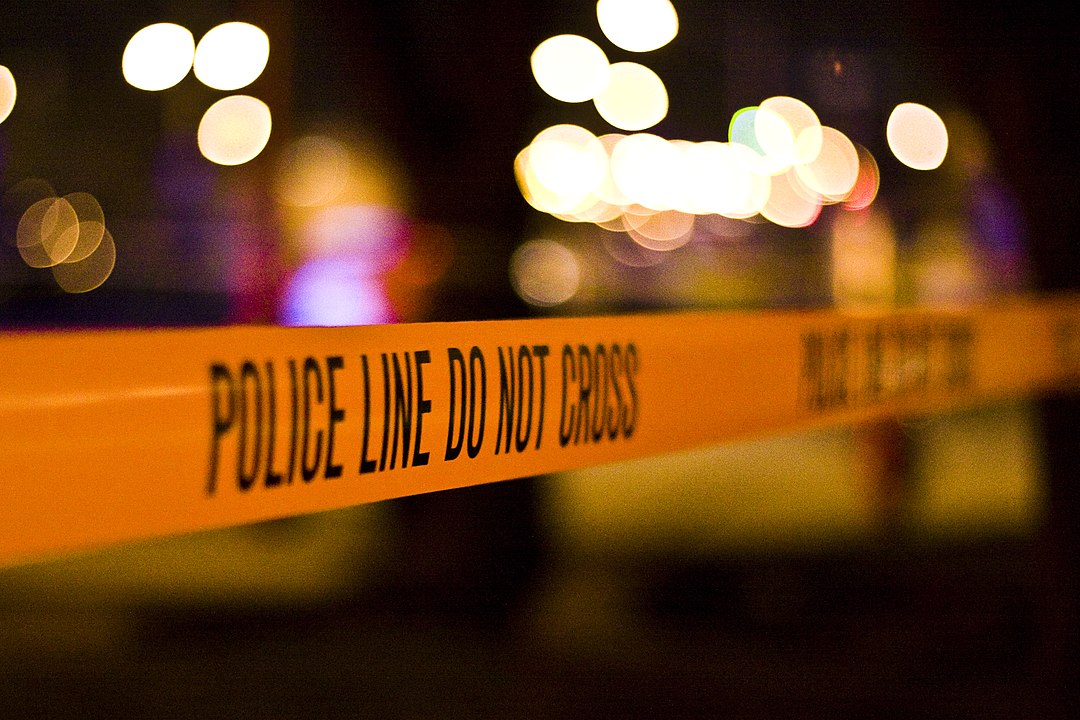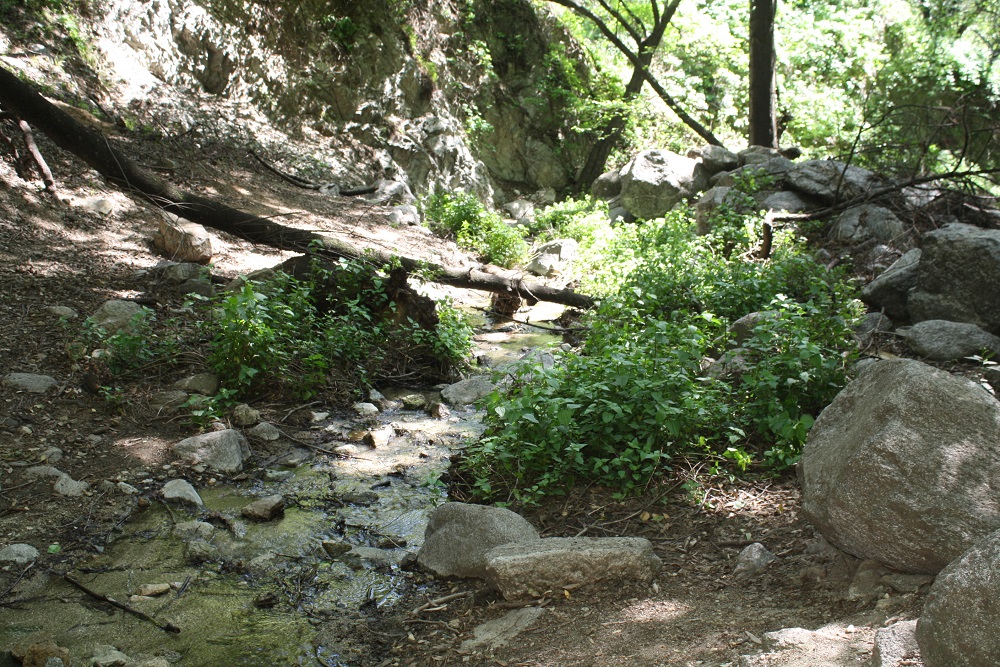The ACLU of Southern California warned Southern California police agencies today that it will closely monitor how law enforcement treats media at protests, following instances in which reporters were detained, arrested or harassed.
The warning came one day after a coalition of journalism groups sent a letter to Los Angeles law enforcement agencies and government leaders, demanding that media be given appropriate access to cover public protests and not be arrested while working in areas where dispersal orders have been issued.
“The public interest requires that law enforcement agencies allow journalists to access and cover protests to the full extent of their First Amendment rights,” according to ACLU SoCal. “We strongly support the demands made by a coalition of journalist groups that routinely cover protests in Southern California.”
The civil rights group — which quoted Tuesday’s letter in its own — pointed out a half-dozen incidents of law enforcement’s alleged “alarming treatment” of working journalists, including:
— Last May, Los Angeles police shot KCRW reporter Cerise Castle with a rubber bullet as she held her press badge above her head;
— The same month, Long Beach police officers sent KPCC/LAist reporter Adolfo Guzman-Lopez to the ER after firing less-than-lethal munitions that struck him in the neck and knocked fillings out of his teeth;
— Last September, five Los Angeles County sheriff‘s deputies threw KPCC/LAist reporter Josie Huang to the ground and arrested her as she, wearing a press badge, repeatedly shouted the name of her news outlet;
— In October, Los Angeles police officers tackled L.A. Taco reporter Lexis-Olivier Ray to the ground, attacking him with batons and damaging his equipment, all while he identified himself as press and wore his organization’s badge, then months later threatened him with charges;
— In March, Los Angeles police detained or arrested several reporters covering protests at Echo Park Lake, including Los Angeles Times reporter James Queally, who wore Los Angeles Police Department-issued credentials around his neck and repeatedly mentioned his affiliation;
— On Tuesday, freelance journalist Cerise Castle reported that she had been detained while covering a news conference hosted by the L.A. County Sheriff’s Department while she was wearing her press pass.
“This conduct is unacceptable, and we strongly support journalists’ demands for an immediate change in practice,” according to the ACLU SoCal.
Such incidents “offend the First Amendment’s unambiguous protection of newsgathering,” the ACLU SoCal wrote. “Journalists, like the public, have a robust right of access to document government activity free of interference from law enforcement.”
The letter, signed by ACLU attorneys and other staff members, concluded by warning that the organization “will be closely monitoring how law enforcement treats journalists at protests throughout Southern California and are eager to see how your departments implement practices and policies to prevent interference with journalists doing their jobs.”
In its letter, the journalists’ coalition said that reporters in Southern California and elsewhere “have been detained, tackled, sprayed with tear gas, hit with rubber bullets and arrested, preventing them from providing the public with urgently needed information and putting their health and safety at great risk.”
“Law enforcement officers, and government agencies more broadly, must not interfere with journalists as they work to provide accurate information on these protests and law enforcement’s response to them,” according to the group.
The letter was sent by the Asian American Journalists Association Los Angeles, the Greater Los Angeles Chapter of the Society of Professional Journalists, the National Association of Hispanic Journalists, National Association of Black Journalists of Los Angeles, Latino Journalists of California, Los Angeles Press Club and Media Guild of the West.
In a Twitter post over the weekend, Sheriff Alex Villanueva — referring to preparations for possible unrest following a verdict in the Derek Chauvin trial in Minnesota — said deputies will support reporters in their efforts to cover protests, “but that support does not extend into allowing members of the media to become part of the problem once an assembly has been declared unlawful.”

